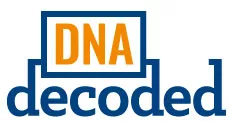I consider myself an activist and a unionist, which I think are pretty much the same. As an Asian American woman, I was very influenced by the model minority myth. It took me a long time to feel that I could speak my truth and to stand in my power.
There was a shame you kind of pick up about being Japanese. I didn't fully understand that until I went through a healing process myself, and I learned the history of the Japanese to answer the question: Who am I?
I think that really helped me to understand what I needed to do in working for justice in this country.
In L.A. unified, the second largest school district in the country, we didn't have a class on Asian Americans or Pacific Islanders. So, what we were able to do is get a contract, from the 2019 strike, to build out an ethnic studies program.
I think we all feel we have the same needs … desires. It's just heartbreaking to see what people go through and how they're treated. Students today still do not know their history … and it's shameful.
We need to keep educating … our students and the public because there's still some sense of invisibility for this population.
The UCLA Asian American Studies Center launched a multimedia textbook so students can access primary sources, court cases, and understand some of the dimensions and dynamics of this whole history—of what it means to be Asian American and Pacific Islander in America.
We're all given the gift in our own ways to stand up for justice. It's not just me. It's being able to join with others. And that's how we win … by coming together and fighting the oppression that we experience.


